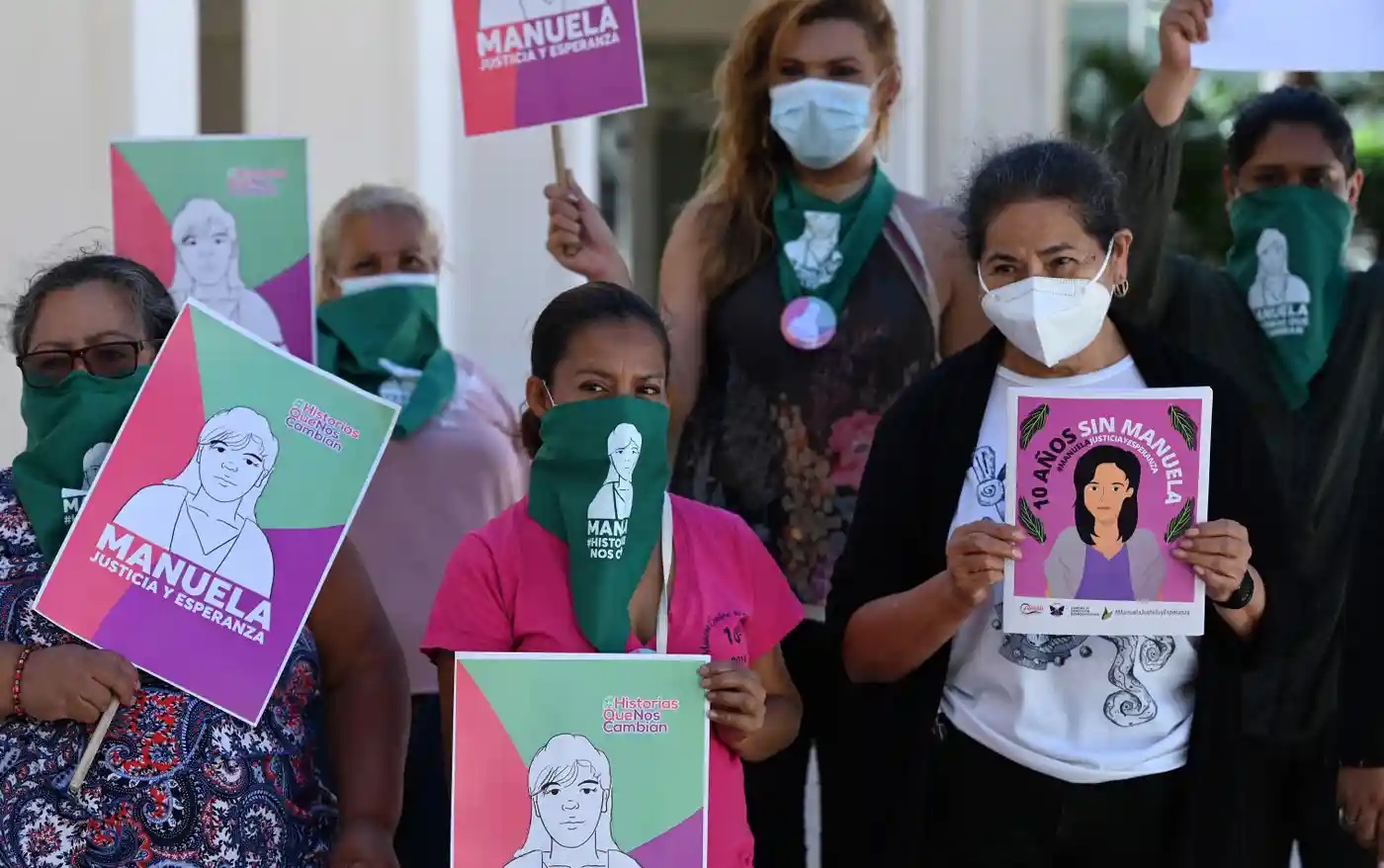This is a database of positive domestic, regional and international legal decisions from around the world regarding economic, social, cultural, and environmental rights (ESCER). These case summaries provide greater awareness about ESCER issues globally, effective litigation strategies, progressive jurisprudence, and enforcement efforts. Our case summaries are available in English and Spanish, with more recent entries also available in French and Arabic.
The caselaw database is made possible by the support of ESCR-Net members, many of whom have contributed or reviewed cases, as well as several allies. ESCR-Net expresses its special appreciation to the Program on Human Rights and the Global Economy at Northeastern University (PHRGE), which provides ongoing support to the case database. To suggest additional cases for inclusion, contact Fernando Delgado, Strategic Litigation Working Group Program Coordinator, at fdelgado@escr-net.org.









